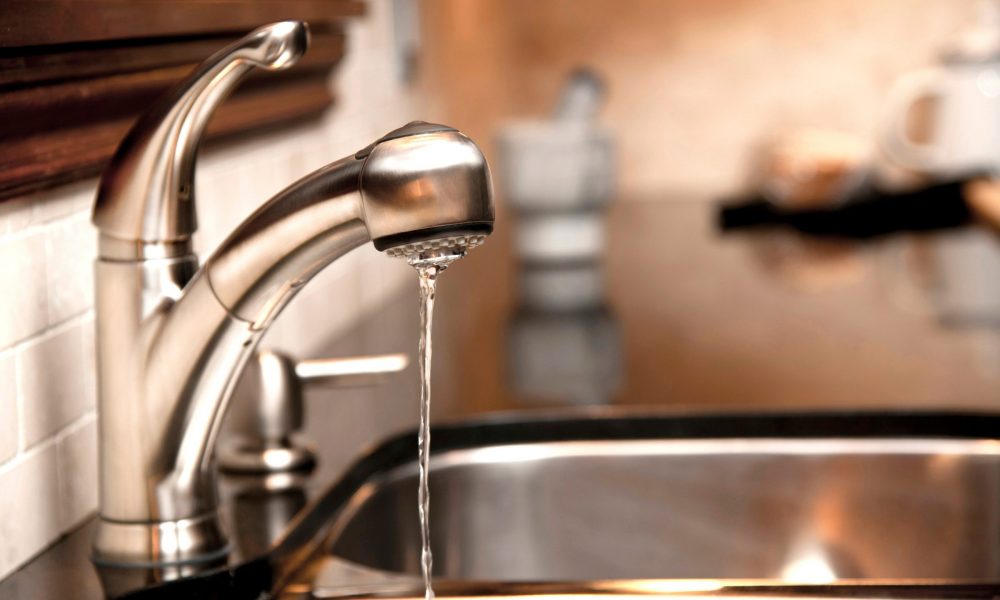Have you noticed your water and sewer bills getting higher and higher lately? People in some areas are seeing double-digit increases, and are looking for any ways they can lower those bills.
William Turner watches every drop of water he uses these days.
That’s because, he says, “we got a letter back in March warning us of a rate hike.”
But it wasn’t just an average rate hike.
“They are going to raise our sewer rates 120%,” he said. “That’s $46 to $99 a month.”
The reason? Mandatory federal upgrades to aging water and sewer lines across the country.
In his case, his supplier, Bluegrass Water, has been raising rates significantly throughout Kentucky in recent months.
The company did not respond to our emails but told the state’s Public Service Commission it needs the rate hikes to pay for the $5 million in upgrades it is doing to sewer systems throughout the state.
But it is happening everywhere.
According to a team of water experts from Bluefield Research, the combined water and wastewater bill for the typical U.S. household jumped more than 43% from 2012 to 2021.
That’s more than 4% per year and more than any other household utility.
How To Keep Your Bill Down
So what can you do?
NerdWallet’s Kimberly Palmer says the simplest way to start lowering your bill is to check for leaks in your home.
“It’s very common to have something like a dripping faucet or a toilet that’s not flushing properly,” she said,
Then she says when it’s time to update fixtures and appliances, look for two labels:
Dishwashers or washing machines with an “Energy Star” label will save you money on your water and electric bill. When shopping for a new toilet, faucet or showerhead, look for the EPA’s “WaterSense” label.
“Often, our older appliances just are not running as efficiently. And so if you can make that upfront investment, it saves you money every single month,” she said,
Another tip from NerdWallet: use the dishwasher, as it uses less water than hand washing
Finally, if you can’t afford it, call the utility company. They may have an assistance program or offer more time to pay.
Turner says these hikes are more than many of his neighbors can afford.
“You gotta decide what you gotta cut to find that $50,” he said.
So try to cut your usage, and upgrade those appliances, so you don’t waste your money.
MORE: Winter heating bill forecast: Will you pay more or less this year?







